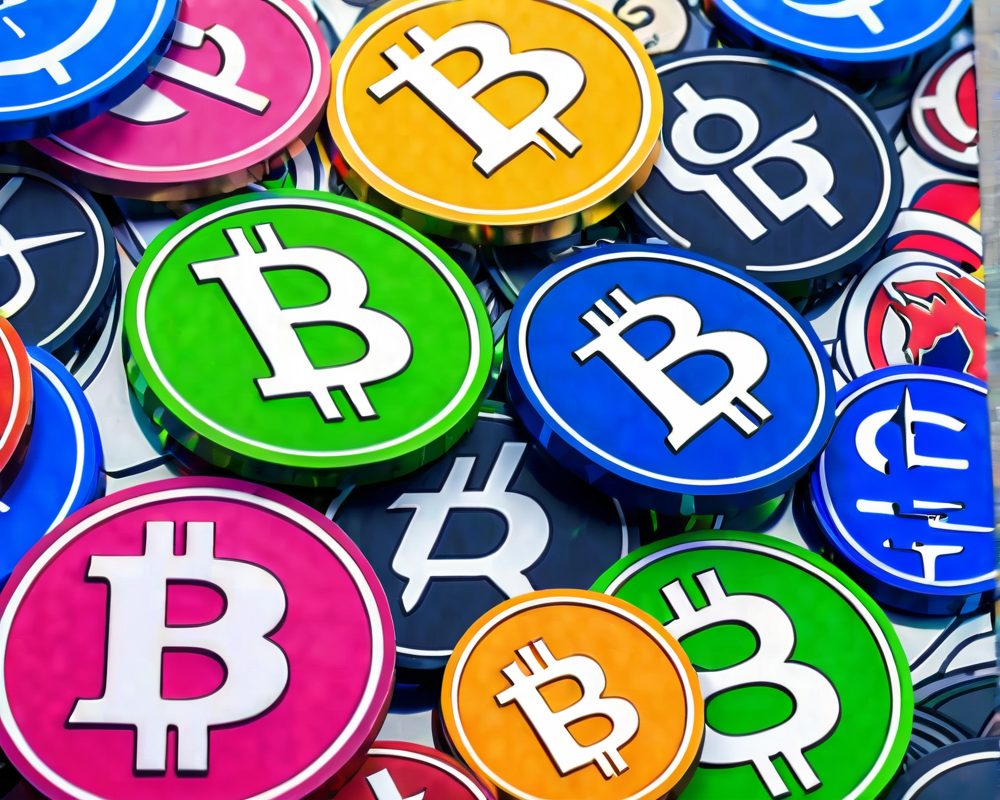Innovating Trade Finance Transactions
In a pioneering move, Raiffeisen Bank International’s Russian arm has teamed up with Gazprom Neft, the local state-owned oil powerhouse, to issue a bank guarantee using blockchain technology. This collaboration signifies a leap into the future of trade finance transactions, as reported by the Russian business newspaper Kommersant on November 12.
The Players Involved
This bank guarantee underpins a trade finance transaction that involves four key parties: Raiffeisen, Gazprom Neft, the Belarusian firm Mozyr Oil Refinery, and Priorbank of Belarus. Raiffeisen acted as the advising bank for Gazprom, while Priorbank, part of the Raiffeisen group, issued the guarantee through a blockchain system. It’s like witnessing the Avengers of banking come together for a cause—saving time and paperwork!
Raiffeisen’s Blockchain Platform: R-chain
The technology at the heart of this operation stems from Raiffeisen’s own blockchain platform, R-chain, which debuted back in 2017. According to Tatyana Ivashkova, the head of documentary transactions and trade finance at Raiffeisen Russia, “Four nodes participated in the transaction, that is, all parties were fully connected to the platform.” So, if you thought joining Zoom meetings could be complicated, think about all these heavyweight players connected in real-time!
From Delays to Efficiency
Traditionally, banks would process guarantees through their internal systems and then inform clients later—much like a surprise party that nobody asked for. However, with blockchain, participants gain simultaneous access to vital documents. This innovation allows the deal to close right after payment is processed, significantly slashing the usual timelines. It’s efficiency at its finest, proving that sometimes, you can teach an old dog new tricks!
Raiffeisen’s Path with Blockchain
This isn’t Raiffeisen’s first tango with blockchain. The bank had previously tested the waters by issuing electronic mortgages on a local platform called Masterchain, designed to facilitate the transfer of valuable data across a decentralized network. Their roadmap seems to include connecting more dots, as they plan to link up with Rosreestr, the Russian state agency for real estate data, streamlining the e-mortgage process. Because who doesn’t want a house without the normal mortgage hassle?
A Global Energy Revolution?
In a related vein, major global oil players have recently unveiled a blockchain-driven platform for energy commodity trading. This decentralized network is expected to go live by the end of November in the North Sea oil market, linking bankers like ABN Amro, ING, and Société Générale with significant trading houses. Just imagine the possibilities when these giants join forces—better deals and a whole lot less bureaucracy!




